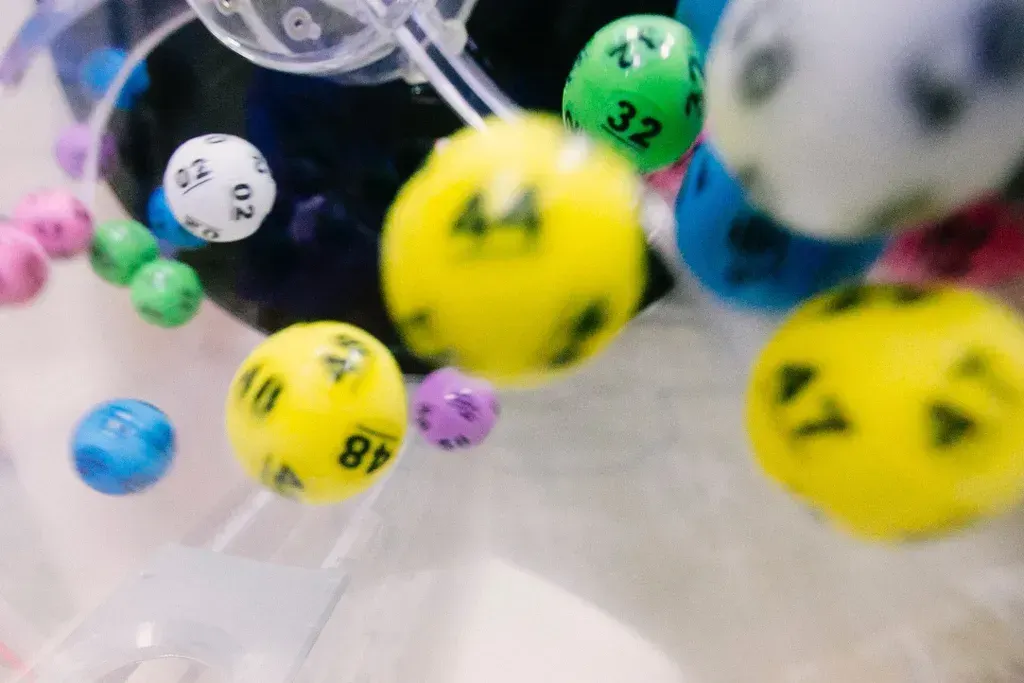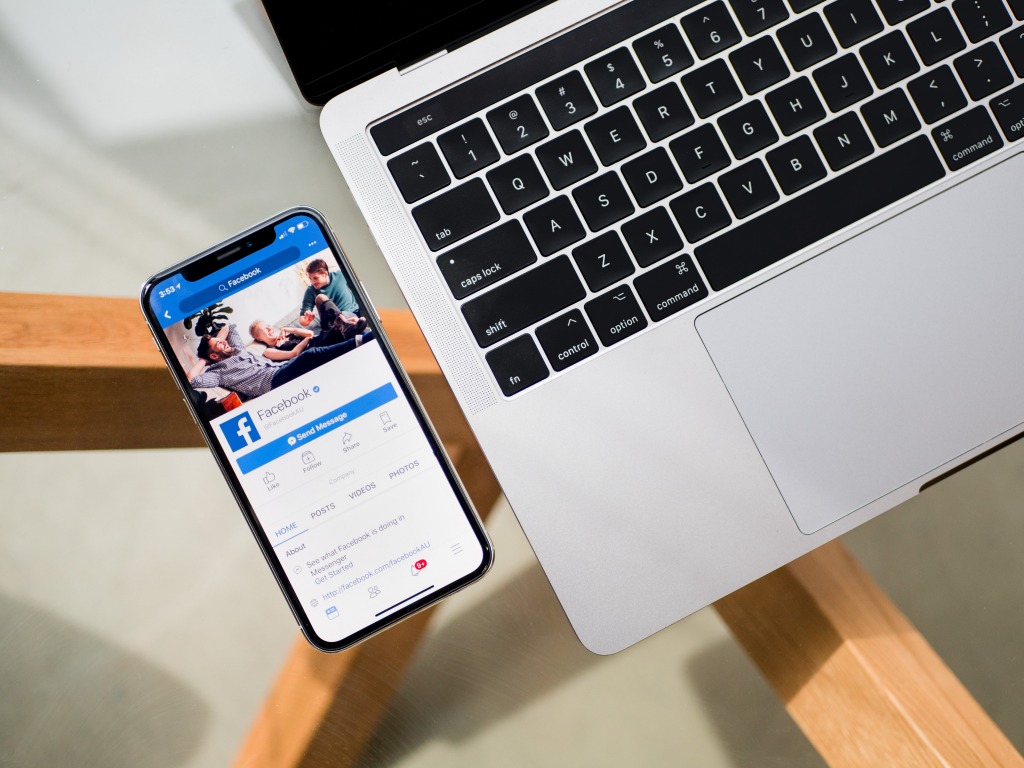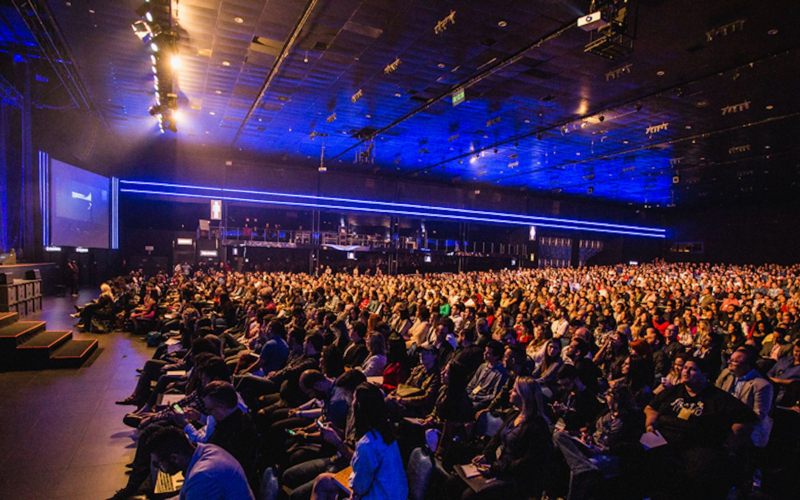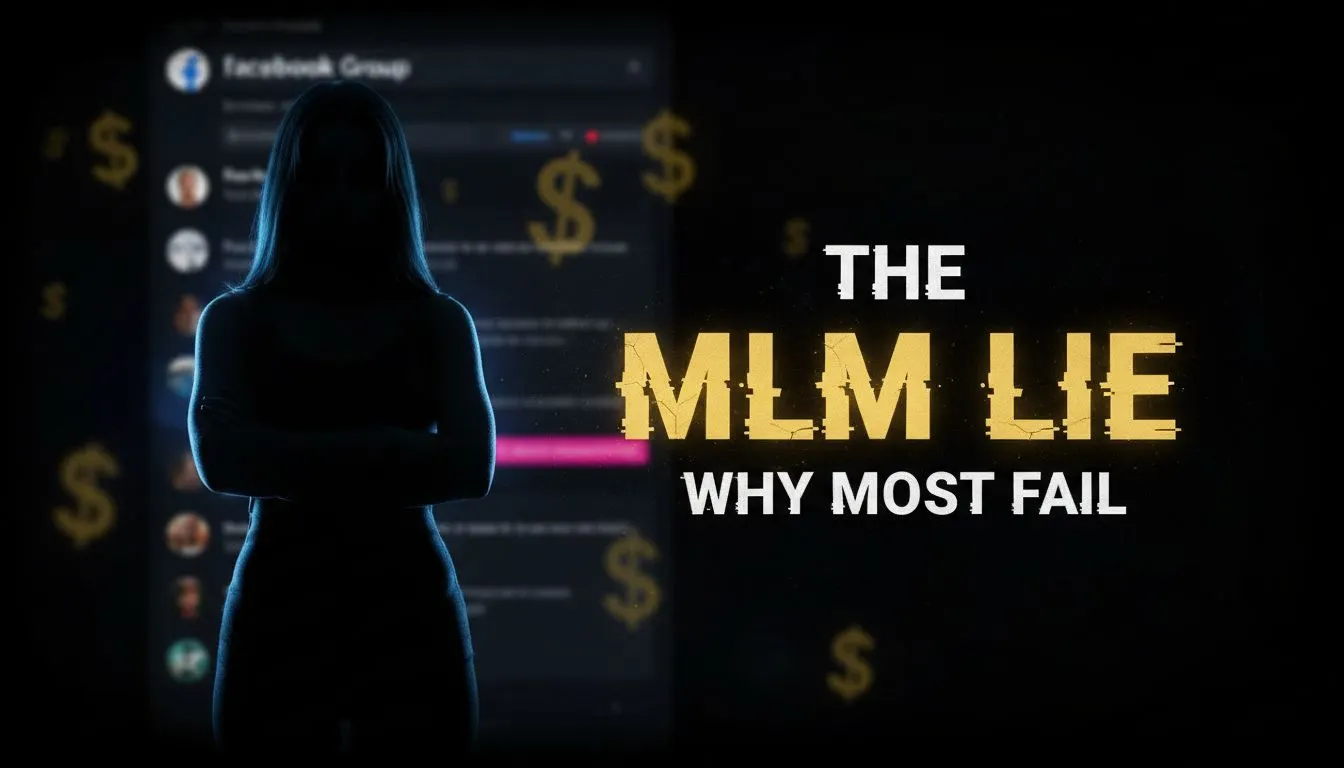Is Lularoe Profitable
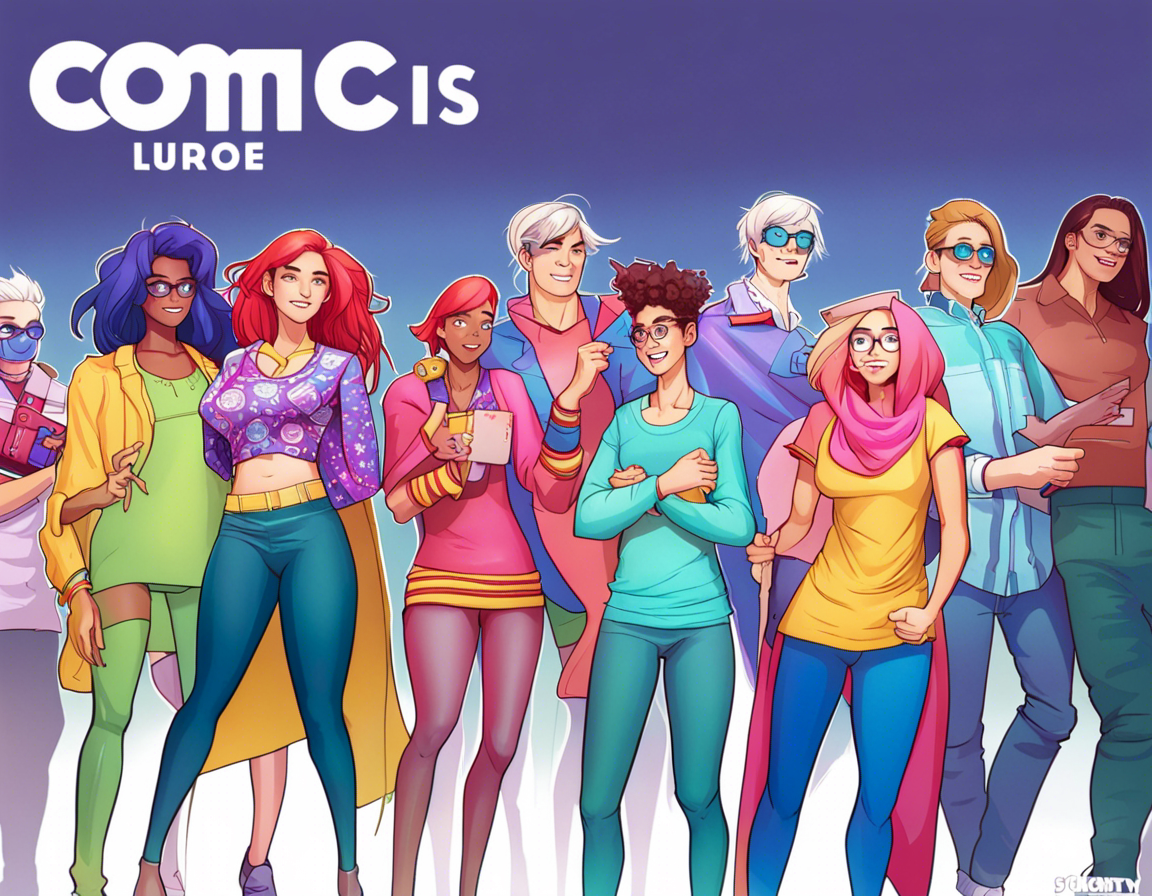
The Lularoe Business Model
Lularoe is a multi-level marketing company that sells leggings and other clothing items. The company has been growing rapidly, with a 700% increase in sales in 2016. The company is attractive to many people because it offers the opportunity to start your own business with a relatively small investment. Lularoe has a unique business model, which we will discuss in this article.
Lularoe's multilevel marketing structure
Lularoe is a clothing company that sells leggings, skirts, shirts, and other clothing items. The company was founded in 2012 by DeAnne Stidham. Lularoe is a multi-level marketing company, meaning that its salespeople (known as "consultants") earn commission on both the sales of Lularoe products they make and on the sales of other consultants they recruit into the company.
Lularoe's clothing is produced in China and then sold to consultants in the United States, who then sell it to customers. The vast majority of Lularoe's consultants operate out of their homes, hosting "pop-up" parties at which they display and sell the clothing. Customers can also purchase Lularoe clothing online.
Lularoe has been criticized for its pricing, with some accusing the company of being a pyramid scheme. However, Lularoe says that its prices are fair given the quality of its garments and the fact that they are produced by independent consultants.
The cost of joining and staying a Lularoe consultant
Lularoe is a fashion company that sells women’s clothes, children’s clothes, and men’s clothes. It was started in 2013 by DeAnne Stidham. The company is named after her two grandsons, Lu and Roe.
To become a Lularoe consultant, there is an initial investment of $5,000-$9,999. This gives you the inventory to start selling. There is also a monthly maintenance fee of $100, which goes towards your website, back office software, and other business tools required to run your Lularoe business.
According to their website, the average Lularoe consultant makes $3,500 per month in profit. However, there are many consultants who do not make a profit and some who even lose money.
To stay a consultant in good standing with Lularoe, you must maintain a minimum of $4,000 in personal retail sales each month. This is equivalent to selling approximately 140 items per month at an average retail price of $28.57 per item. If you do not meet this minimum personal sales volume requirement for three consecutive months, your consultant agreement will be terminated and you will no longer be able to sell Lularoe products.
Additionally, Lularoe requires that consultants purchase a minimum of $1,000 in new inventory each month. If you do not meet this minimum inventory requirement for three consecutive months, your consultant agreement will also be terminated
Lularoe's Financials
Lularoe is a US company that sells women's clothes, kids' clothes, and men's clothes. The company was founded in 2013 and has been profitable every year since. In 2018, Lularoe generated $2.3 billion in revenue and $450 million in net income. This means that Lularoe is a very profitable company.
Lularoe's 2017 Income Statement
Lularoe is a company that sells leggings, skirts, shirts, and other clothing items. The company was founded in 2013 and is based in the United States. Lularoe's 2017 income statement shows that the company had a total revenue of $2.3 billion. The company's net income was $361 million, and its total assets were $1.5 billion.
Lularoe's 2017 Balance Sheet
Lularoe's 2017 balance sheet shows that the company had total assets of $377 million and total liabilities of $340 million. This gives Lularoe a net worth of $37 million.
Looking at the company's income statement, we can see that Lularoe generated revenue of $2.3 billion in 2017. However, the company also incurred expenses of $2.1 billion, resulting in a net income of just $200 million.
So, while Lularoe is a profitable company, it is not as profitable as it could be. The company's margins could be improved by reducing expenses and/or increasing revenues.
Lularoe's 2017 Cash Flow Statement
In 2017, Lularoe reported a negative cash flow from operations of $64.8 million. This was an improvement over the previous year's cash flow from operations, which was negative $71.1 million. Lularoe's cash flow from investing activities was negative $10.7 million in 2017, and its cash flow from financing activities was positive $54.5 million.
Lularoe's Product Margins
Lularoe is a clothing company that sells dresses, skirts, shirts, and leggings. Most of Lularoe's customers are women. Lularoe operates through a system of consultants who sell the company's products through home parties and online pop-up shops. Lularoe has a base price for each item it sells, and consultants earn a commission on each item they sell. Lularoe's product margins are high, and the company has been profitable since 2016.
LuLaRoe's leggings
LuLaRoe's leggings have a 65% -75% product margin. That means for every dollar spent on leggings, LuLaRoe pays $0.35 - $0.25 to their retailers. The wholesale price of leggings is $15, so the suggested retail price is $25 - $35.
LuLaRoe's skirts
LuLaRoe skirts are made of a polyester-spandex blend fabric that is soft and comfortable to wear. The skirts come in a variety of styles, including pencil, A-line, and maxi, and in a range of sizes from extra small to 3XL. Prices for LuLaRoe skirts start at $25 and go up to $46 for the larger sizes.
One important thing to note about LuLaRoe is that the company does not release its margins publicly. This information is closely guarded because it could give competitors an advantage. Based on conversations with current and former LuLaRoe consultants, as well as an analysis of the company's price list, it's estimated that LuLaRoe's margins range from 40-60%.
LuLaRoe's dresses
LuLaRoe's dresses vary in price depending on the style, fabric, and design. The company's "Amelia" dress, for example, is made of knit fabric and sells for $46, while the "Cassie" leggings sell for $25. According toluLaRoe's 2016 income disclosure statement, the average gross profit margin for LuLaRoe retail sales was 52.7%.
Lularoe's Inventory Issues
Lularoe is a clothing company that is facing many challenges, the most pressing of which is their shortage of inventory. The company has been unable to keep up with the demand for their clothes, and this has led to frustrated customers and consultants. LuLaRoe's inventory issues are having a negative impact on their business, and they need to find a way to solve this problem quickly.
Lularoe's "buy now, wait later" culture
In 2016, Le-Vel, the company behind the popular fitness and lifestyle supplement brand Thrive, found itself in hot water. The Better Business Bureau (BBB) received over 1,000 complaints from customers who said they had difficulty cancel their autoship program, were automatically enrolled in a monthly subscription they did not sign up for, and were charged for products they never received. The BBB also noted that some customers were subject to "deceptive income claims" by Le-Vel.
Lularoe's "No Refunds" policy
Lularoe's "No Refunds" policy is a major factor in the company's current inventory issues. This policy, which allows customers to return products for store credit but not for a refund, has led to a situation where Lularoe has millions of dollars of unsold inventory. In addition, the company's return policy has been criticized for being too strict, and many customers have complained that they were unable to return items that they were not happy with.
The current inventory issues are also due to the fact that Lularoe relies heavily on third-party manufacturers to produce its products. This reliance has led to quality control issues, as well as production delays. In addition, Lularoe's recent decision to stop production of certain styles of clothes has exacerbated the company's inventory problems.
Lularoe's current situation is not sustainable, and the company will need to make some major changes in order to improve its financial situation. One potential solution is for Lularoe to start selling its products through other retailers, such as Amazon. This would allow Lularoe to reach a larger customer base and reduce its reliance on third-party manufacturers. Additionally, Lularoe could change its return policy to allow customers to return items for a refund within a certain time period. This would likely lead to an increase in sales, as customers would be more likely to purchase items if they knew they could return them if they were not satisfied.
Titles:
1) The Different Types of Roasts - (Coffee Roast Guide)
2) Lularoe's Inventory Issues - (Is Lularoe Profitable?)
Lularoe's Legal Issues
Lularoe has been in the news for a variety of reasons, some good and some bad. The company has been accused of pyramid scheme practices and has been sued for failing to pay minimum wage. Despite all of this, the company is still in business and many people continue to sell their products. Let's take a closer look at Lularoe's legal issues.
Lularoe's pyramid scheme accusations
Lularoe, a popular fashion retailer, has been accused of being a pyramid scheme. The company has been facing lawsuits and negative publicity since 2016, when several former consultants came forward with allegations that the company was operating as a pyramid scheme.
Lularoe denies these accusations, saying that it is a legitimate direct sales company. However, the company has been investigated by the Federal Trade Commission and is currently facing multiple lawsuits from disgruntled former consultants.
It is still unclear whether Lularoe is actually operating as a pyramid scheme. However, the company's legal troubles may have an impact on its profitability going forward.
Lularoe's class action lawsuit
Lularoe is facing a class action lawsuit alleging that the company misled customers about its profitability. The suit, filed by two former customers, alleges that Lularoe "made false and misleading statements regarding its business practices and the likelihood of consumers achieving financial success."
The plaintiffs allege that Lularoe told consultants they could make "significant amounts of money" by selling the company's clothes, but that the vast majority of consultants actually lost money. The suit also alleges that Lularoe encouraged consultants to take on debt to buy inventory, and then failed to provide adequate support to those who were struggling to sell the clothes.
Lularoe has denied the allegations, saying that it is "committed to the success of our independent fashion retailers" and that the lawsuit is " meritless."





